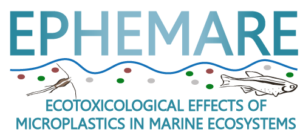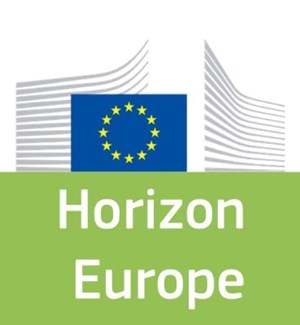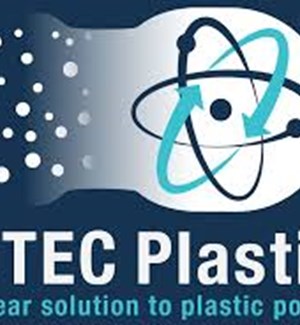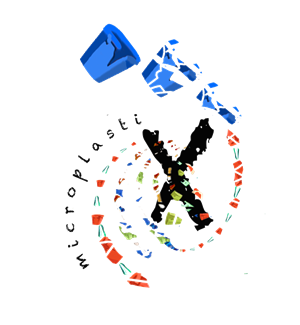- Instituto Español de Oceanografía (IEO) - Spain,
- University of Murcia - Spain,
- University of Bordeaux - France,
- Ruprecht-Karls-Universität Heidelberg - Germany,
- University of Antwerp - Belgium,
- Università Politecnica delle Marche - Italy,
- IAS (formerly ISMAR) National Research Council - Italy,
- Interdisciplinary Centre of Marine and Environmental Research (CIIMAR) - Portugal,
- University of Algarve - Portugal,
- Örebro University - Sweden,
- University of Oslo - Norway,
- University College Cork - Ireland,
- Institut Français de Recherche pour l'Exploitation de la Mer (IFREMER) - France
Microplastics show the potential to play a remarkable role in the incorporation and trophic transfer of pollutants into marine food webs. The toxic effects of microplastics on marine organisms are unclear and need further investigation. EPHEMARE - Ecotoxicological effects of microplastics in marine ecosystems - aims to address this need through a multidisciplinary consortium of 14 Partner Institutes from Belgium, France, Germany, Ireland, Italy, Norway, Portugal, Spain, Sweden and microplastics experts from the UK. EPHEMARE is one of four approved projects following the 2014 JPI Oceans Pilot Call on ecological effects of microplastics. EPHEMARE, targets (1) the uptake, tissue distribution, final fate and effects of microplastics in organisms representative of pelagic and benthic ecosystems, and (2) the potential role of microplastics as vectors of model Persistent Pollutants that readily adsorb to their surfaces. The European consortium includes experts in biological effects of marine pollutants at molecular, cellular, physiological and organismic levels, up to-date singular facilities for aquatic toxicity testing under strict conditions, and some of the world leading teams in microplastics research and incorporates capacity to communicate project findings to a range of audiences and stakeholders. EPHEMARE aims to examine the adsorption of chemicals on microplastics, their ingestion, trophic transfer and chemical release, and a wide array of ecotoxicological effects on invertebrates and vertebrates and to communicate the findings of the project to the public, relevant national and international authorities and decision makers. The project is looking for active collaboration with Industry to facilitate mutual learning towards addressing issues associated with microplastics in our oceans and has the following objectives: To investigate the uptake, tissue distribution and final fate of microplastics in organisms representative of pelagic and benthic ecosystems To investigate the potential role of microplastics as vectors of marine pollutants and their trophic transfer in marine food webs. To assess by means of internationally accepted standards and methods (ISO, OECD, ICES, ASTM) whether microplastic accumulation leads to detrimental effects at molecular, cellular, physiological and organism levels. To test the suitability of exposure and effect biochemical, cellular and physiological biomarkers and cutting-edge omics methods to trace MP exposure. To assist public and private stakeholders with the scientific basis for the development and compliance with general environmental regulations concerning chemicals used in plastic production (WFD, MSFD, environmental quality standards, REACH, Directive 2002/72/ECEU and subsequent amendments, Regulation No 10/2011). To raise public awareness on the risks that the less visible plastics pose to marine ecosystems and, eventually, human health. This project is part of the 1st call of JPI Oceans Joint Action 'Ecological Aspects of Microplastics'.
Want to analyze based on this project via our analysis tool? Analyze this project
Knowledge Gaps
Environmental effects and ecotoxicity
Bioaccumulation, bioconcentration and persistence
Environmental fate and behavior of plastic
Bioaccumulation and biomagnification
Chronic or long-term effects, multiple forms and/or sources





